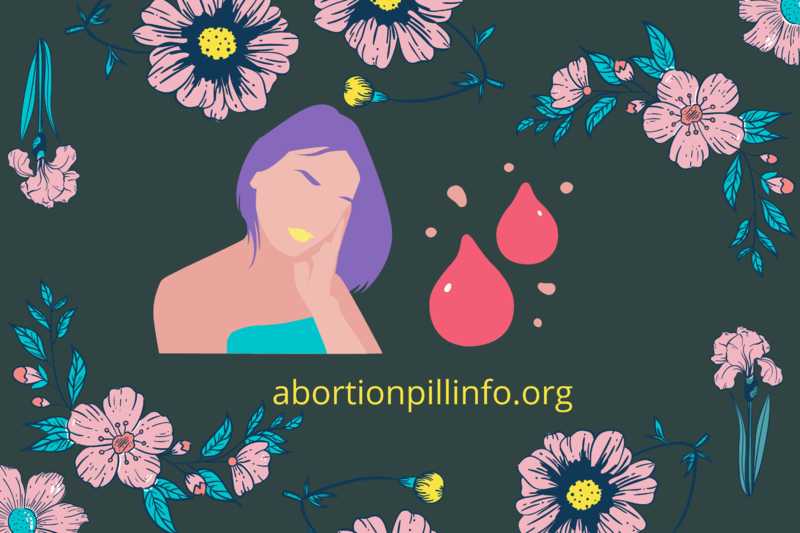Safe Abortion Doesn't Interfere with Your Menstrual Cycle
Środa, Wrzesień 30, 2020 blog Share
After an abortion(s), the return of your period is an indication that everything has returned to normal.
After an abortion(s), the return of your period is an indication that everything has returned to normal. If you've used abortion pills, the disappearance of your pregnancy symptoms (provided that you had them in the first place) is an important signal that the abortion was successful, but seeing your period, along with a negative pregnancy test, is another confirmation that you're not pregnant anymore.
A new menstrual cycle starts right away after abortion(s), so ovulation usually takes place 2-4 weeks later, followed by bleeding in 4-6 weeks (although it can take longer) which might be heavier than is normal for you. This timing applies if you aren't taking hormonal birth control; if you are, your hormones will be reacting to birth control and your period will change.
There's a lot of bad science out there and folks who love to spread it around, and it's often hard to parse out what's true and what isn't. The bottom line is that abortions - surgical or with pills - don't change your menstrual cycle in any permanent way. When early (surgical) abortions are performed in a clinic, the products of conception are removed from your body via suction (this is the most common abortion procedure), before which your cervix may be dilated with laminaria sticks. If you choose abortion pills, you have two options: mifepristone and misoprostol together, or misopoprostol alone. Mifepristone stops the flow of progesterone, the hormone that sustains a pregnancy. Progesterone exists in your body naturally, but it's higher when you're pregnant. Mifepristone doesn't stay in your body after abortion, so your levels of progesterone aren't impacted long term. Misoprostol causes your uterus to contract, expelling the fetal tissue, along with blood and clots. It doesn't involve your hormones at all.
What if your period doesn't return after abortion, or if, when it does, it doesn't behave the way it did beforehand? Because abortion doesn't have long term impact on your period, it's likely that something else is going on. Weight, stress, medical conditions, and yes, getting pregnant again, can influence how and if your period presents. It's a good idea to visit a healthcare provider if your period doesn't show up, or if you're concerned by what's happening.
Self-managed abortions are safe and effective and you deserve to be able to access them and accurate scientific information without shame, stigma, or coercion. Visit our FAQs for more information on how to get the pills, how they work, and more.

 otrzymaj tabletki aborcyjne
otrzymaj tabletki aborcyjne
 otrzymaj antykoncepcję
otrzymaj antykoncepcję
 darowizna
darowizna


